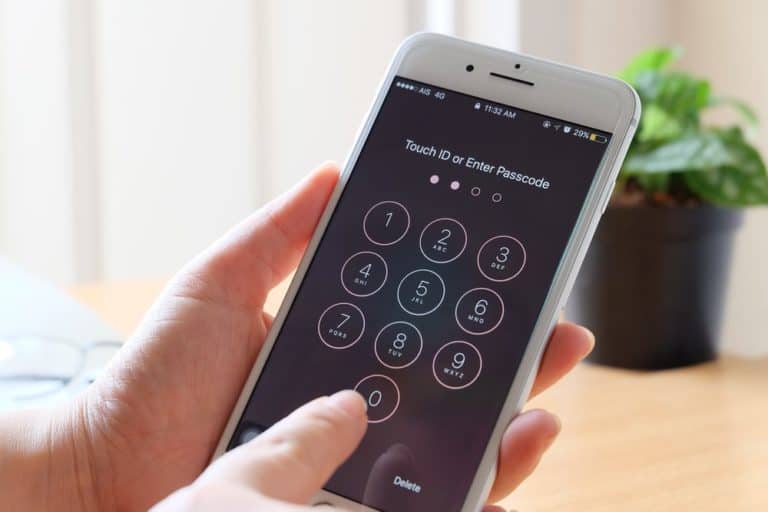Apple has changed the way it reports requests for information about its users from intelligence services. The procedure followed by the manufacturer of iPhones and MacBooks, among others, is now more in line with rival tech companies such as Google and Microsoft.
Since 2014, Apple has announced the number of requests for information it has received from governments and intelligence agencies. There are two categories: National Security Letters and requests under the Foreign Intelligence Surveillance Act, or FISA. Now it changes the method by which these figures are published.
New method
Apple always combined those items because there’s a six-month legal delay on FISA information. By combining these figures, Apple has always been able to publish its figures earlier than other tech companies. They waited until the six-month period had expired.
But now Apple has decided to wait to publish the figures as well. In this way, it brings its reporting methods more in line with Google and Microsoft. For researchers, this has a useful consequence: they can now better compare figures, because Google and Microsoft have already separated the different figures.
The figures
Between January and June, Apple received 0 to 499 National Security Letters in the United States, related to 1,000 to 1,499 users. Apple does not yet state how many FISA requests it received over the first half of 2019. This figure will not be published until after 31 December, when the six-month period has expired.
A total of 4,177 account requests were submitted by the U.S. government, related to 40,641 users. This specifically includes account information, which includes stored photos, emails, and backups of devices that may include text messages, contact information, and appointments.
The Dutch government requested Apple to provide information on 32 devices and 10 accounts. In the first case, it concerned specific appliances, on the basis of certain identifiers, including serial numbers or IMEI codes. In addition, there were 10 requests related to the content of accounts.
This news article was automatically translated from Dutch to give Techzine.eu a head start. All news articles after September 1, 2019 are written in native English and NOT translated. All our background stories are written in native English as well. For more information read our launch article.